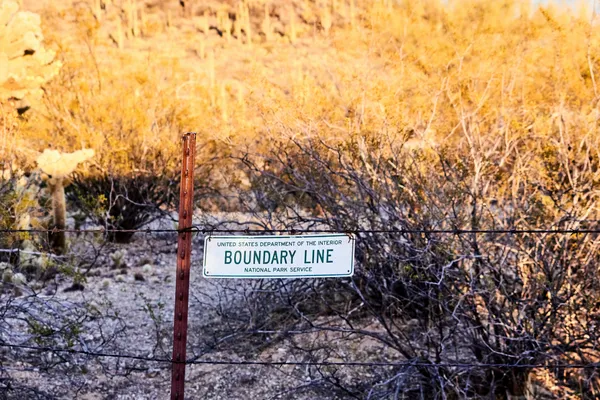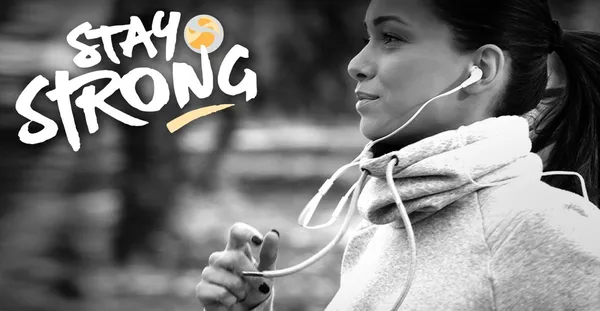Unfortunately, we don’t leave jealous friends behind us in the school yard. As one of the ‘seven deadly sins’ (where it’s referred to as ‘envy’) jealousy is a normal, if undesirable, emotion. We’re all occasionally subject to it and, equally, we’ll all find ourselves its object at times. Knowing how to deal with it is key, especially if the jealous person is a friend – and especially if it’s a friend whose friendship you’d like to keep. Luckily, most relationships survive a dose of the green-eyed monster. Frequently, it’s just a case of riding it out. Occasionally, however, it’s necessary to take a more active approach to tackling it.
Know your own boundaries
Clocking that someone is jealous of you is the first step to dealing with it. Perhaps a friend is very perfunctory in their congratulations or they actively attempt to take the shine off some achievement, piece of luck or happy news. You might even notice some backhanded compliments or a drip-feed of passive aggressive remarks.

It might seem natural to downplay whatever it is that’s making them jealous. After all, if you don’t mention it or self-deprecatingly comment about how it’s no big deal, you’re not actually helping them address their jealousy. What’s more, you’re also not giving yourself the space to shine. In essence, you’re telling both your friend and yourself that your friend’s feelings are more important than your own. Don’t do this. Equally, don’t commiserate or provide a pep talk. Either response gives your friend the green light to look for external reasons for their behavior.
Confront the problem
Left alone, many bouts of jealousy – no matter the prompt – subside of their own accord. If you can ride out your friend’s feelings (without centering them), do so. If not, it’s time to confront the problem. Inevitably, this means talking to your friend.

Try to choose a neutral space and definitely don’t begin the conversation if either of you has been drinking or is very tired. Don’t be accusatory but instead frame what you say from how you are feeling and your desire to ensure that your friendship isn’t threatened. For instance, you might begin by saying something like, “I’m going to be honest here and I need you to hear me out for the sake of my own mental wellbeing but also for our friendship”.
Stay strong
Once you’ve said your piece – in a non-accusatory way, remember – it’s time to sit back and give your friend the space to respond. However, this doesn’t mean inviting them to enter into a dialogue with you. After all, your feelings aren’t up for negotiation. Neither, hopefully, is your friendship.

With luck, your friend will respond with humility and at least a measure of contrition. However, be prepared to give them a little time to process what you’ve said. And don’t necessarily expect an apology. An acknowledgment and, hopefully, an admission that they’ll try to behave differently is probably the best you can hope for. If they do need time, you’ll need to stay strong and not give way to any impulses to comfort them or revise what you’ve already said.
Know when to walk away
With luck, you can resolve the situation with a few honest and well-chosen words. If, deep down, your friend has your best interests at heart and has merely succumbed to a temporary bout of jealousy, this approach is likely to work. That’s great, and you can both move on together – as friends.

However, sometimes jealousy has deeper roots. In these cases, its effects are more poisonous. If this is the case, you may notice your jealous ‘friend’ behaving even more viciously and certainly refusing to acknowledge any wrong-doing. They may even start to gaslight you, trying hard to make you feel responsible for the whole situation. Finding yourself in this position is tough, especially if it’s with a longstanding friend or someone you’d considered to be a close friend. For your own sake, this is the time to take a deep breath and walk away from the friendship.

